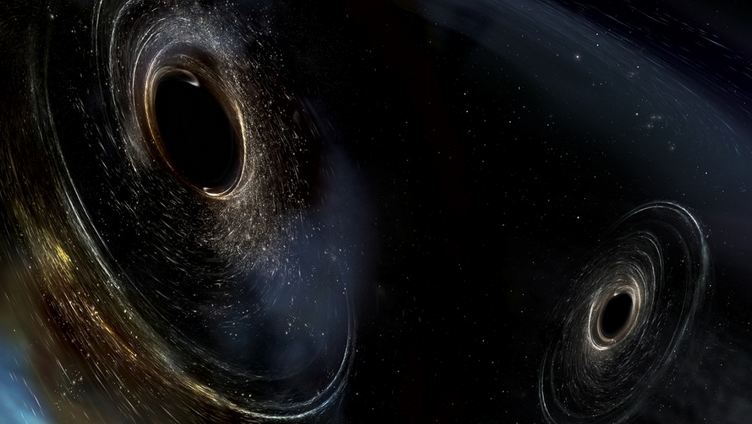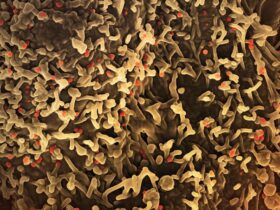Black holes are usually resting at the core of almost every sufficiently large galaxy. So these cosmic features have their way with the galaxies, affecting only a small part around the galaxy’s centre. But how’s that really happening?
Some predictions indicate that as black holes grow, they produce enough energy to heat up and push out the gas within galaxies to significant lengths. How energy interacts with galaxies and alters their evolution has puzzled scientists’ work for decades. But that’s about to change.
Here is what you need to know.
They Must Have a Way With It
A team of researchers has tried to determine whether the energy and matter emitted from around black holes can influence the evolution of both the galaxy and the satellite galaxies close to it. The findings are genuinely intriguing.
Study insights

The researchers needed the Sloan Digital Sky Survey to examine the traits of the galaxies in thousands of clusters and groups.
Annalisa Pillepich, the study’s co-author and a researcher at the Max Planck Institute for Astronomy, released a statement about the discovery. She said:
[…] we found that the satellite galaxies formed more or fewer stars depending on their orientation with respect to the central galaxy.”
But to get to such a conclusion, the researchers needed some extra effort. So they used a cosmological simulation of the Universe dubbed Illustris-TNG to try and explain the geometrical effect on the satellite galaxies’ traits.
Pillepich adds:
“[…] the simulation shows a clear modulation of the star formation rate in satellite galaxies depending on their position…”
The Takeaway
The findings indicate that there is a particular connection between black holes and their galaxies. The black holes can discharge matter to significant lengths from the galactic centre and influence the evolution of other close galaxies, as well.
Researchers explained that this is only the beginning. They’ll continue their work and hope other fellow scientists will join, too.












Leave a Reply